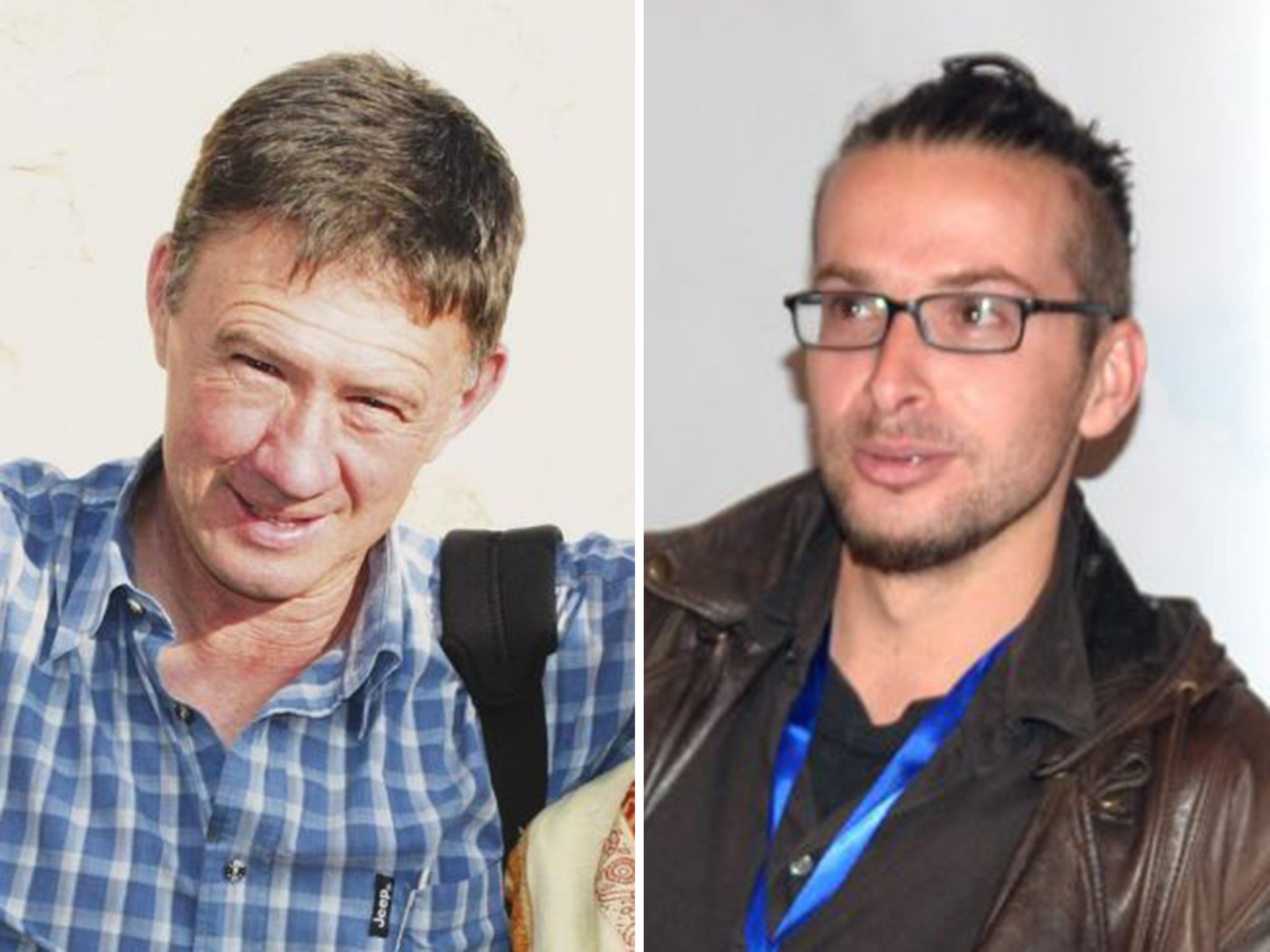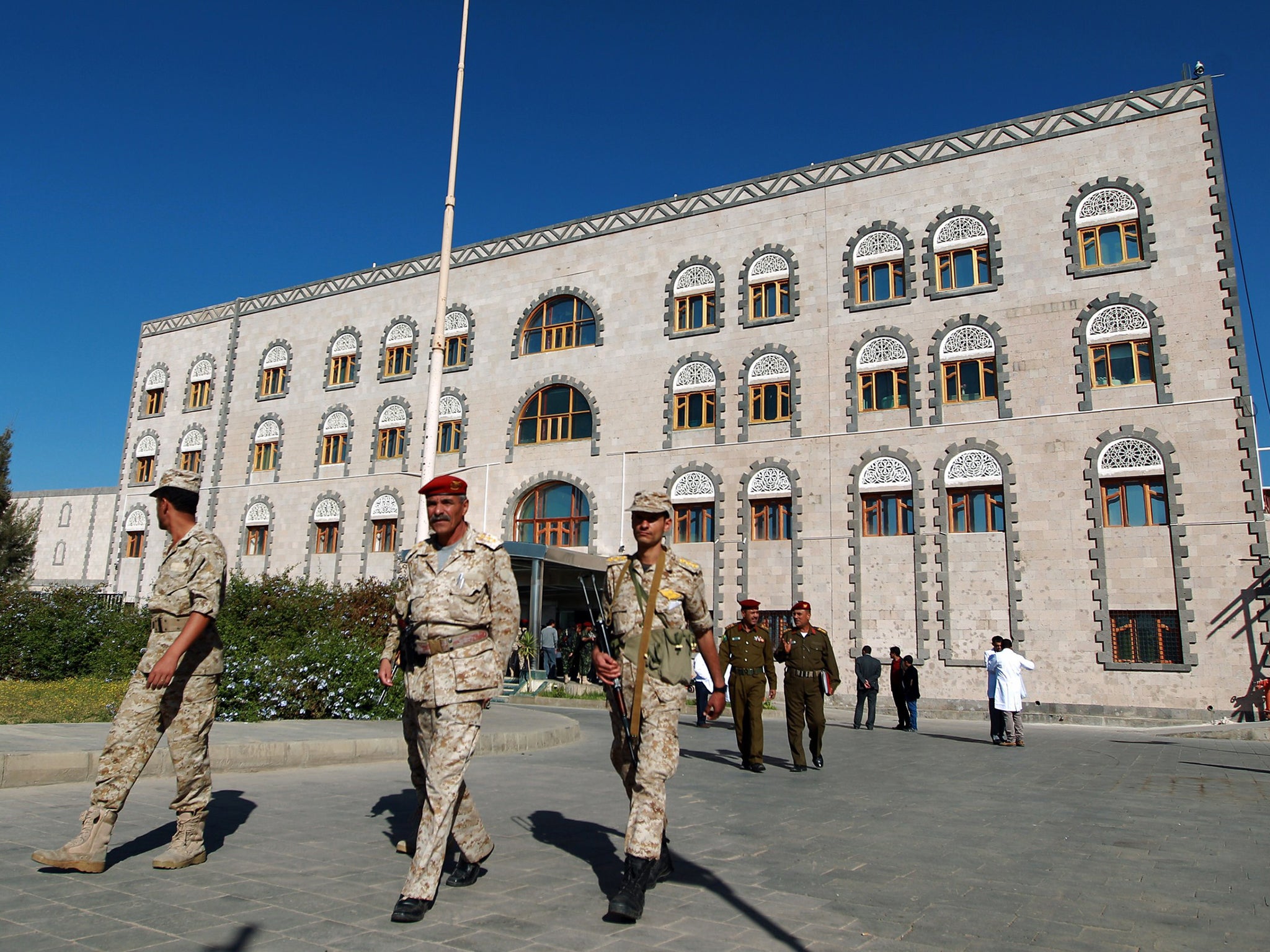Pierre Korkie and Luke Somers killings analysis: More failures than successes in hostage rescue attempts
Pierre Korkie was about to be released. His wife was preparing to fly out to greet him. But the bungled rescue bid, by soldiers who did not even know he was being held, cost him his life – and that of Luke Somers

Your support helps us to tell the story
This election is still a dead heat, according to most polls. In a fight with such wafer-thin margins, we need reporters on the ground talking to the people Trump and Harris are courting. Your support allows us to keep sending journalists to the story.
The Independent is trusted by 27 million Americans from across the entire political spectrum every month. Unlike many other quality news outlets, we choose not to lock you out of our reporting and analysis with paywalls. But quality journalism must still be paid for.
Help us keep bring these critical stories to light. Your support makes all the difference.
Successful saving of hostages, or operations to kill or capture an enemy target, get widespread publicity, spinning into books or even films. But they are few and far between: for every mission accomplished, there are many others which fail.
The killing of Luke Somers, a British-born American photojournalist, and South African teacher Pierre Korkie during a failed attempt to rescue them in southern Yemen should not come as a surprise. Such operations are notoriously difficult, with the kidnappers, especially when they are well-organised terrorist groups, usually having all the advantages.
Questions, however, have arisen over key aspects of this particular raid. Mr Korkie was about to be freed by his kidnappers, the aid group he worked with, Gift of the Givers, has disclosed. His wife, Yolande, who was freed earlier this year, said in Cape Town that she was preparing to fly out to meet her husband and has been left devastated by the death.
His body is expected to return to South Africa on Monday, and on Sunday the government said it was “no time for finger-pointing” over the killing, adding that it undertook “numerous initiatives” to secure his release.

However, the BBC reported that a senior member of the US administration had admitted that the special forces unit which carried out the operation was not even aware that Mr Korkie was being held with Mr Somers. What makes this puzzling is that the reason given for carrying out the rescue attempt at this time was because detailed intelligence had become available.
This pinpointed where Mr Somers was being held and that he faced imminent death. A previous American attempt to free Mr Somers on 25 November failed, his abductors, from Al-Qaeda in the Arabian Peninsula (AQAP), having moved their captive. On this occasion, according to local people, numerous fighters were killed, but also civilians, reportedly including a 10-year-old boy.
About 40 American troops were said to have been involved in the rescue attempt. The special forces reportedly landed by helicopter around six miles from the compound where the hostages were held in Shabwa province. American officials were also unaware of Mr Korkie’s impending release, for which a ransom may have been paid. It is not clear whether that knowledge, and that of his presence with Mr Somers, would have changed the decision to carry out the operation. But this is not the first time that rescue attempts have resulted in fatal consequences when a prisoner was close to being freed through negotiations. Five years ago Stephen Farrell, of the New York Times, and an Afghan colleague, Sultan Munadi, were investigating the deaths of civilians in a Nato air strike near Kunduz when they were kidnapped by the Taliban.
Talks to free them were progressing when American and British forces launched a rescue attempt in which Mr Munadi and a British soldier were killed. Sultan’s father, Kurban Mohammed, told me in Kabul that his son had called him 90 minutes before he was shot to say he would be home soon.
When details of the deaths emerged, Downing Street insisted that Foreign Secretary, David Miliband, and Defence Secretary, Bob Ainsworth, had ordered the raid – which both men deny.
The West has not been very successful in rescuing Islamist-held hostages recently. In July a raid by US special forces to free those being held by Isis failed. The group went on to behead five American and British prisoners. At the same time, however, it freed four French, three Spanish and a German national. The difference was governments had agreed to pay ransoms.
The widow of David Haines, one of those murdered, said on Sunday of her husband’s killers: “They consider themselves brave, but that’s not bravery.”
Barack Obama has ordered a review of policy on Americans abducted abroad. He deplored the “barbaric murders” of Mr Somers and Mr Korkie.
Subscribe to Independent Premium to bookmark this article
Want to bookmark your favourite articles and stories to read or reference later? Start your Independent Premium subscription today.
Join our commenting forum
Join thought-provoking conversations, follow other Independent readers and see their replies
Comments